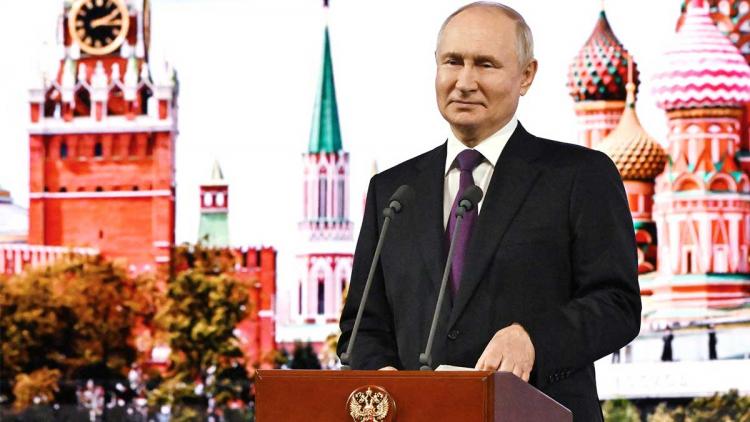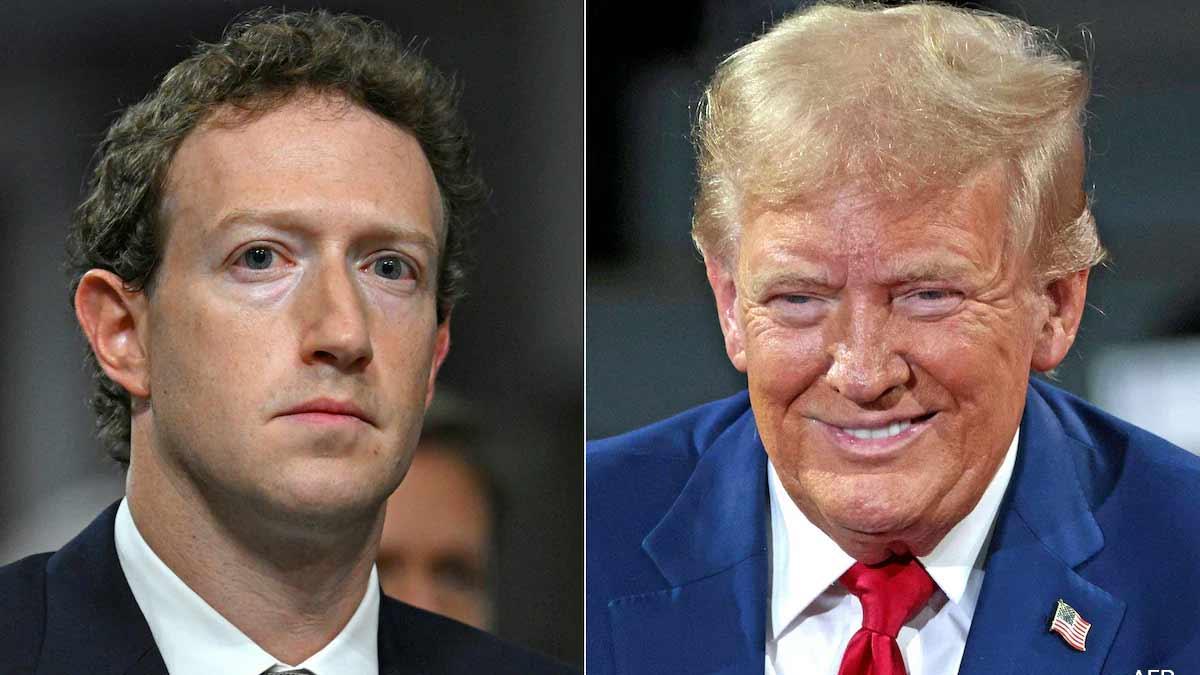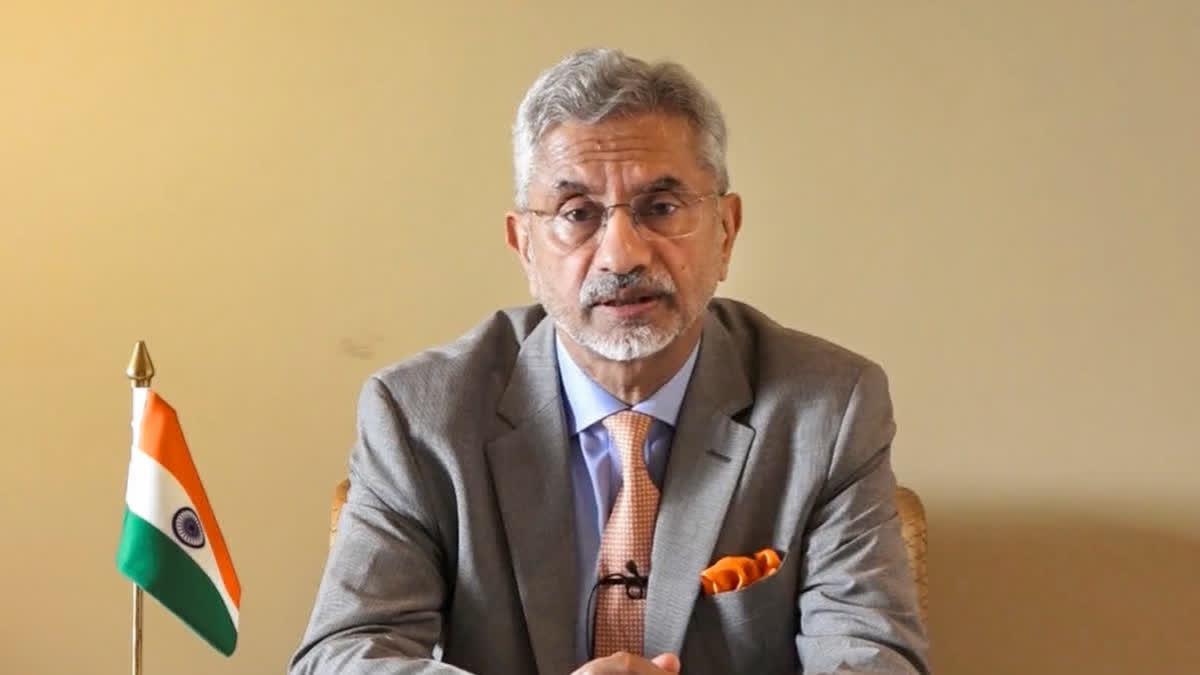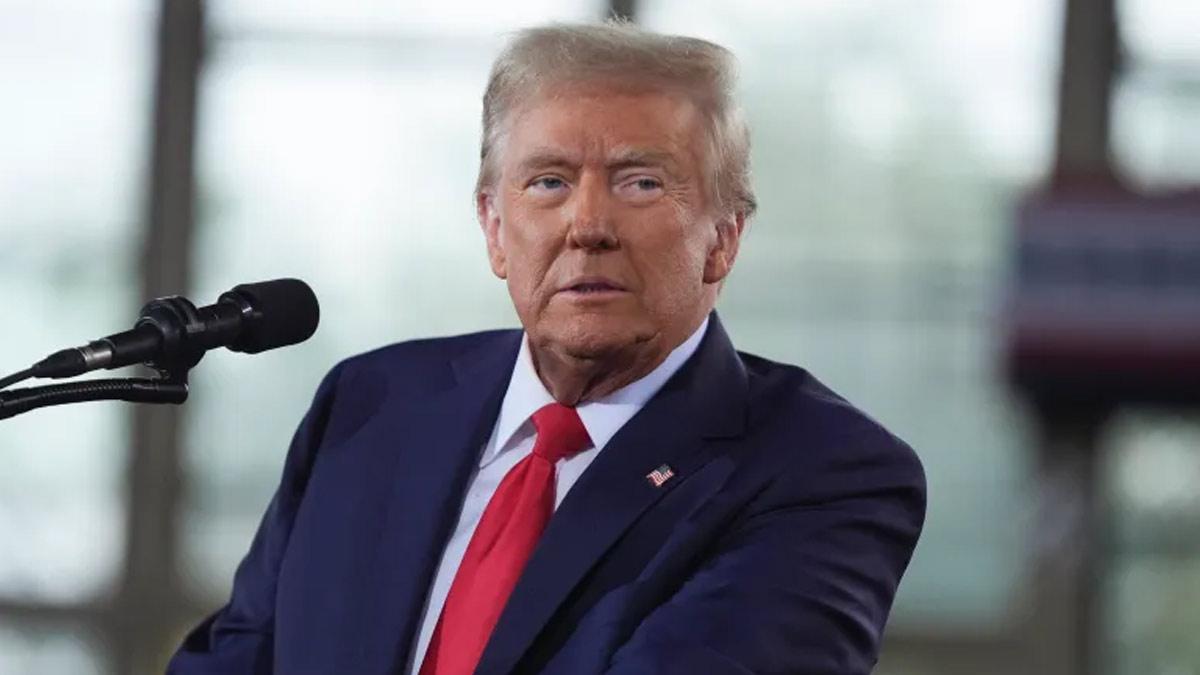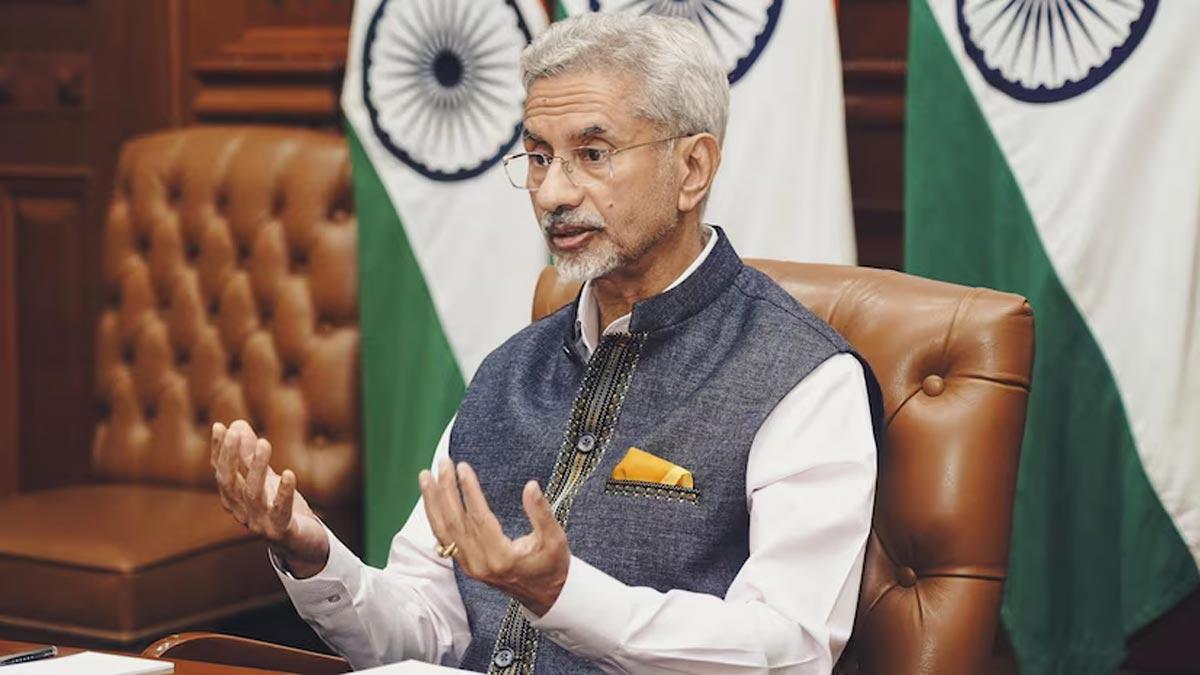The upcoming Russian presidential elections in March 2024 have sparked significant interest regarding potential candidates and the possibility of policy changes. Amid speculation about President Vladimir Putin's participation, questions arise about alternatives and potential shifts in policies.
Set by law for mid-March, these elections come after a constitutional amendment in 2020, allowing Putin to contest in 2024 and possibly 2030 despite term limits.
The likelihood of a new candidate emerging seems remote, given the current lineup, unless Putin orchestrates a surprising move akin to Boris Yeltsin's maneuver in 1999. Yeltsin had navigated through candidates before unexpectedly choosing Putin as his successor.
While Putin remains tight-lipped about his candidacy, potential successors like Defence Minister Sergei Shoigu and others from his circle have been speculated upon.
Regarding policy changes, even with a new leader or a surprise win by an outlier candidate, the prospects seem slim. The current political landscape offers limited alternatives, with figures like Alexei Navalny disqualified from politics.
Minor opposition parties like Yabloko and Civic Initiative may contest with differing policies, but their limited presence questions their credibility to effect substantial change.
Major parties, including United Russia and the Communist Party, may present candidates, but their nationalist stance on issues like Ukraine minimizes the possibility of policy shifts.
Russia has historically debated between Western affiliations and Slavic heritage. Putin's 2007 speech criticizing US actions and NATO expansion signaled Russia's assertive stance in global affairs. Subsequent events, including Crimea and intervention in Syria and Ukraine, demonstrate Russia's confrontation tolerance, a view largely shared among the political elite and common Russians amid Western sanctions.
As the elections approach, the probability of significant policy shifts remains low, aligning with Russia's assertive foreign policy stance and the prevailing views among its political landscape and populace.
(With Agency Inputs)
ALSO READ | Speculation Surrounds Putin's Fate as Potential Successor Refers to Him in Past Tense
ALSO READ | There is Only One Putin, Affirms Kremlin

